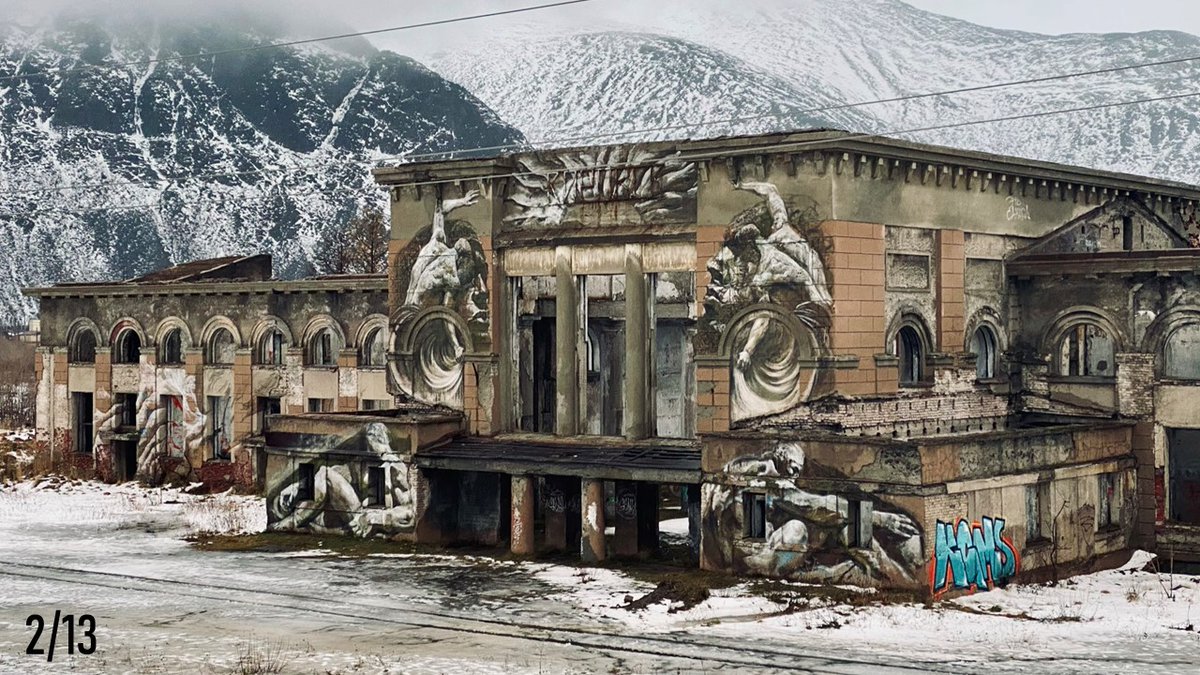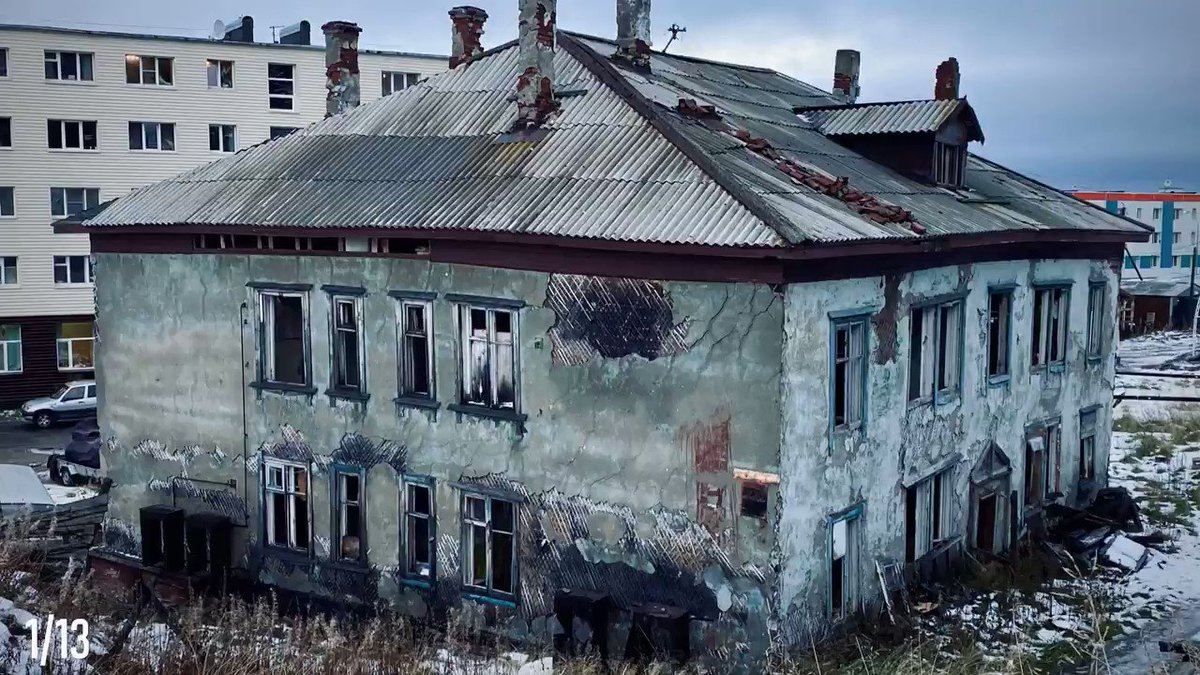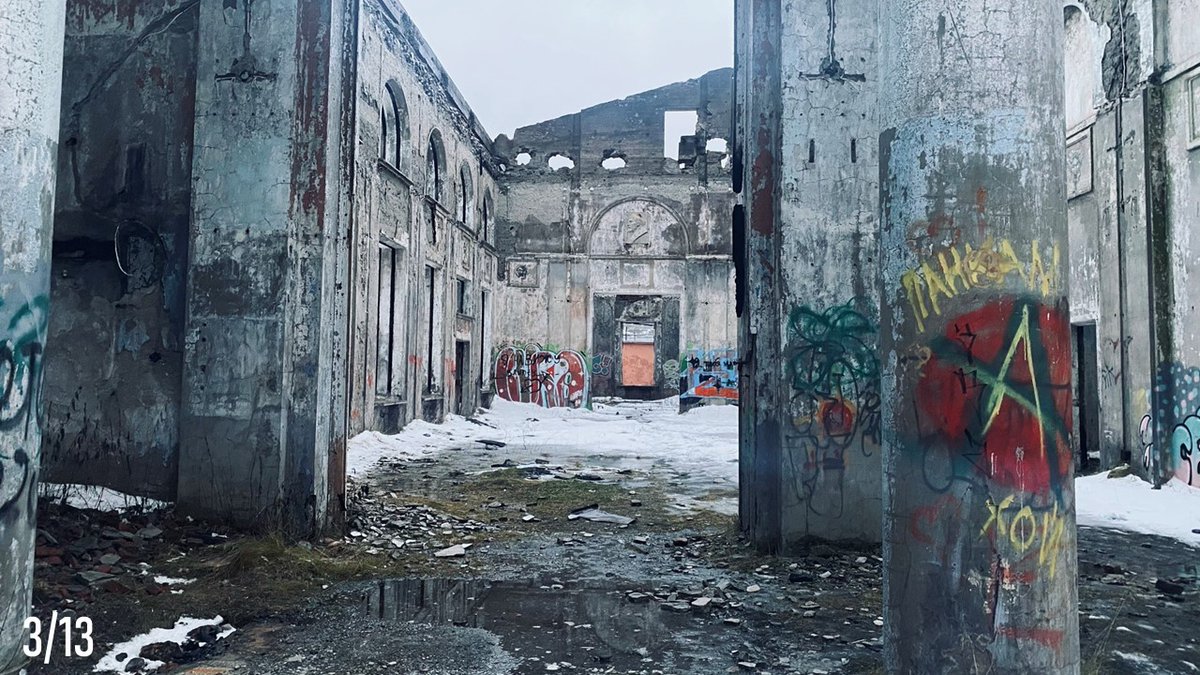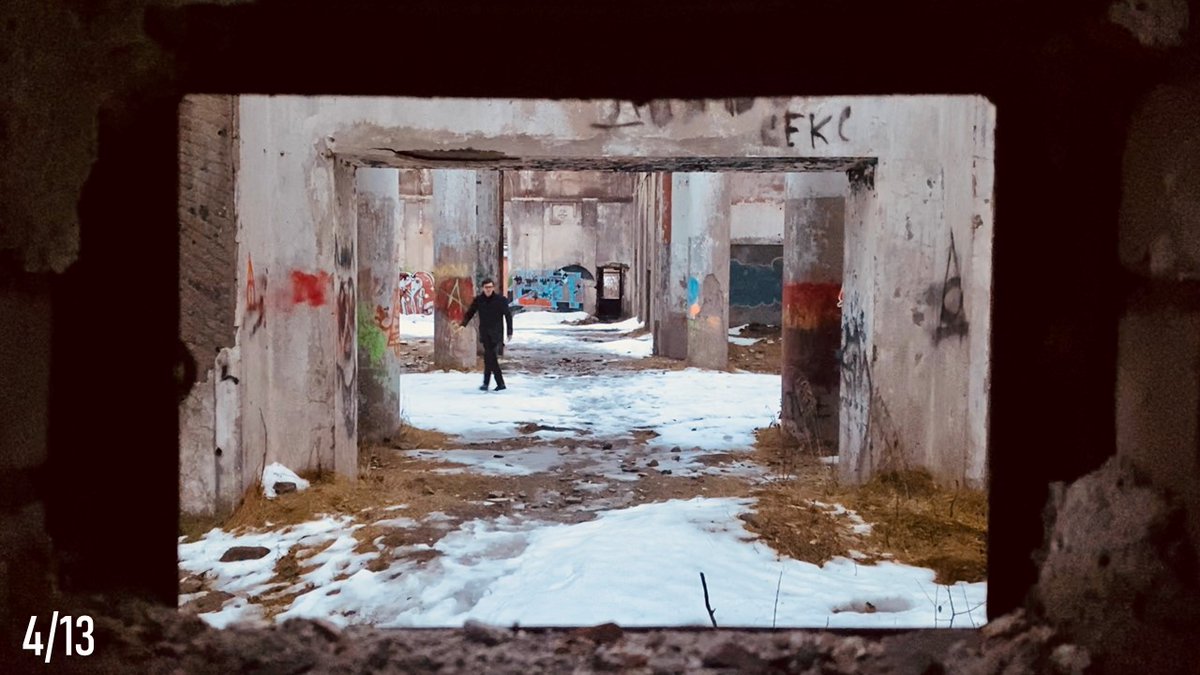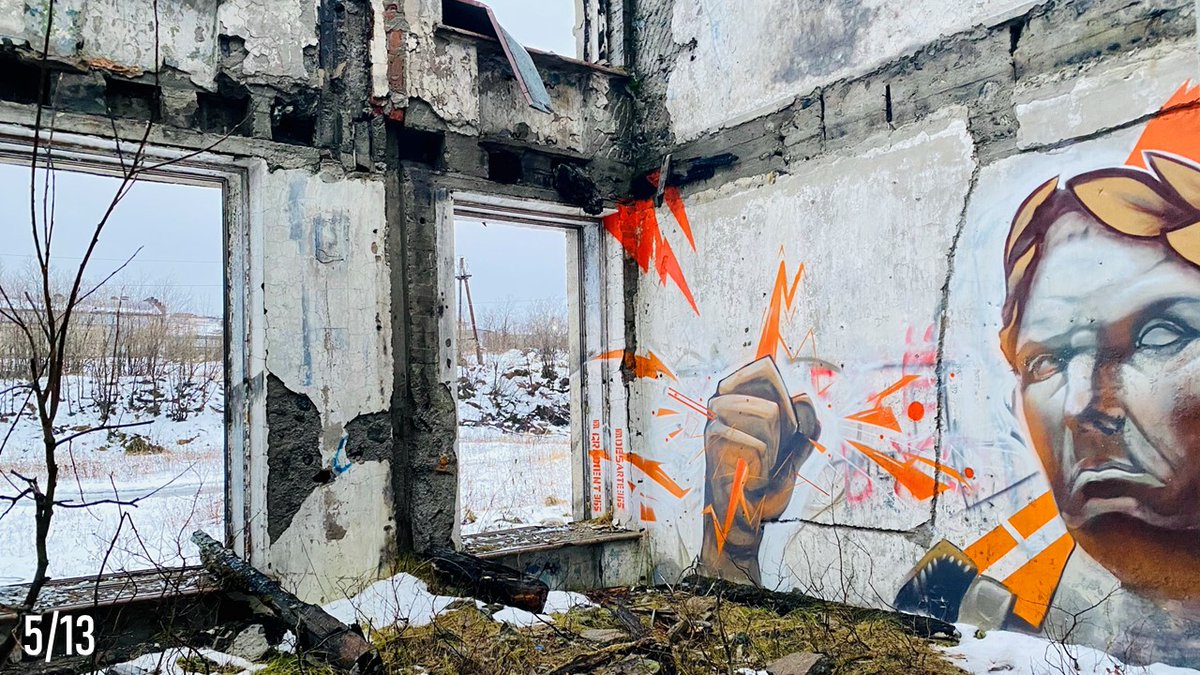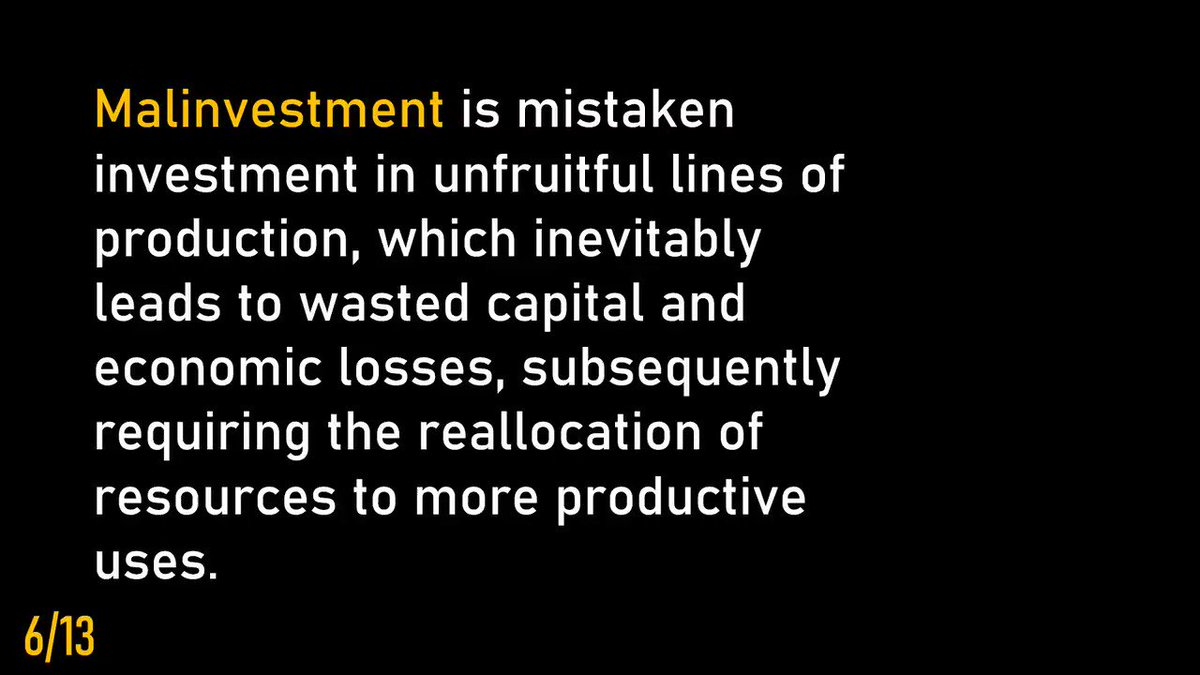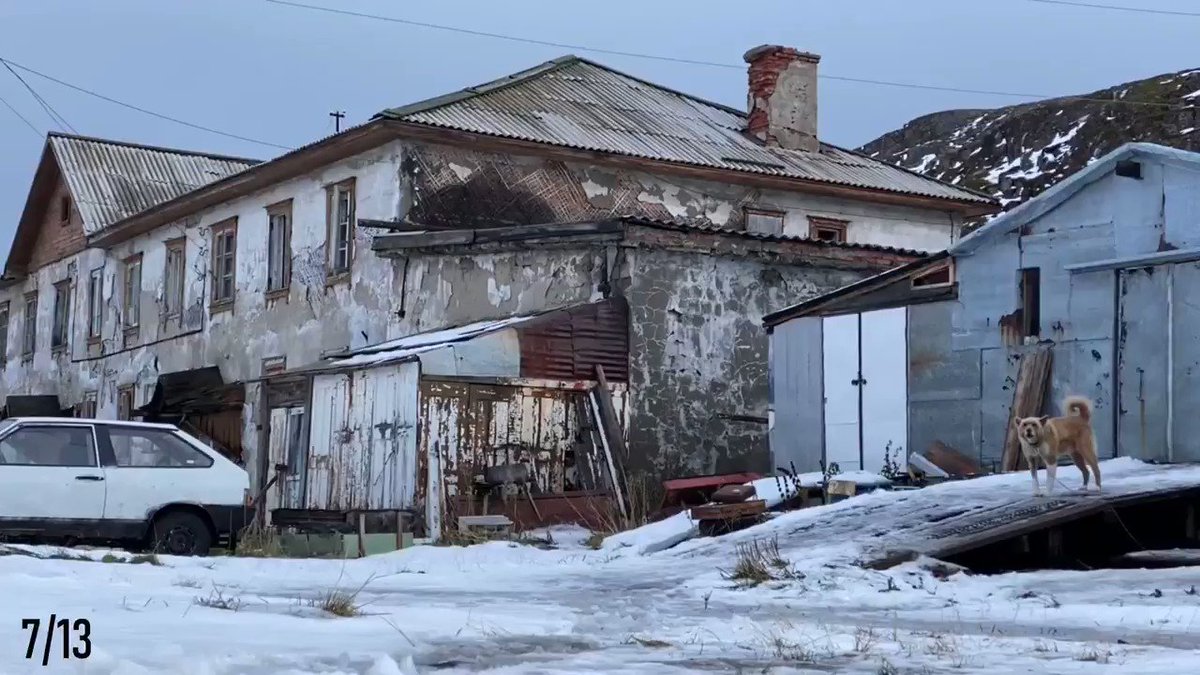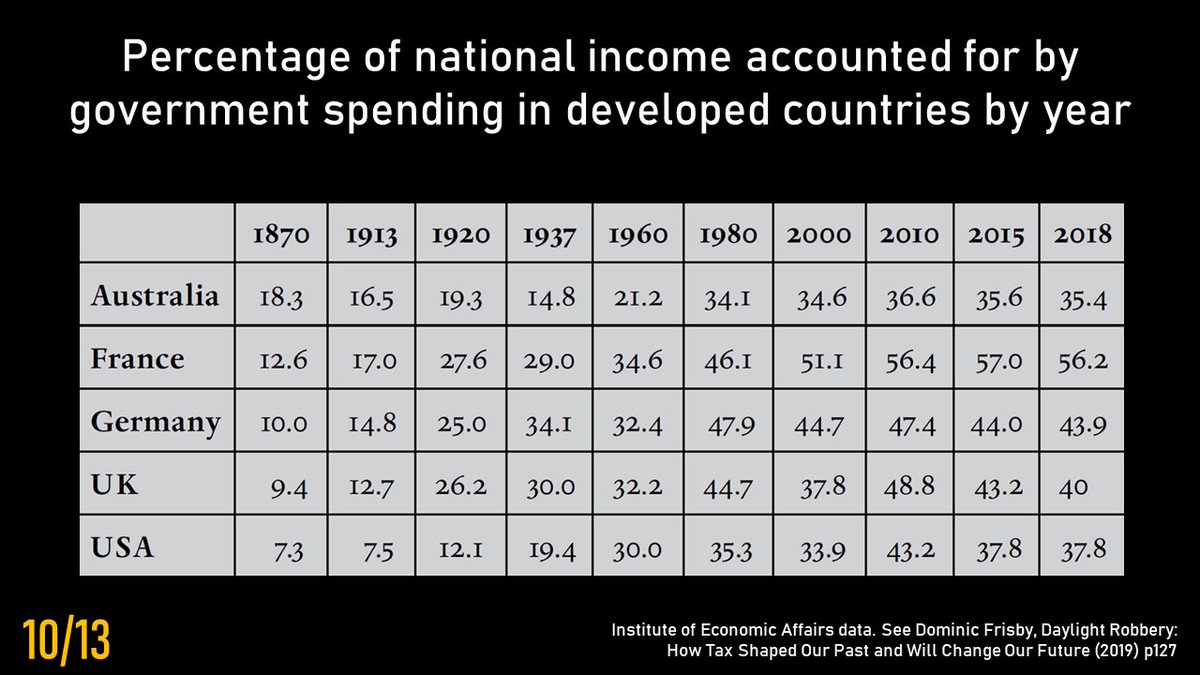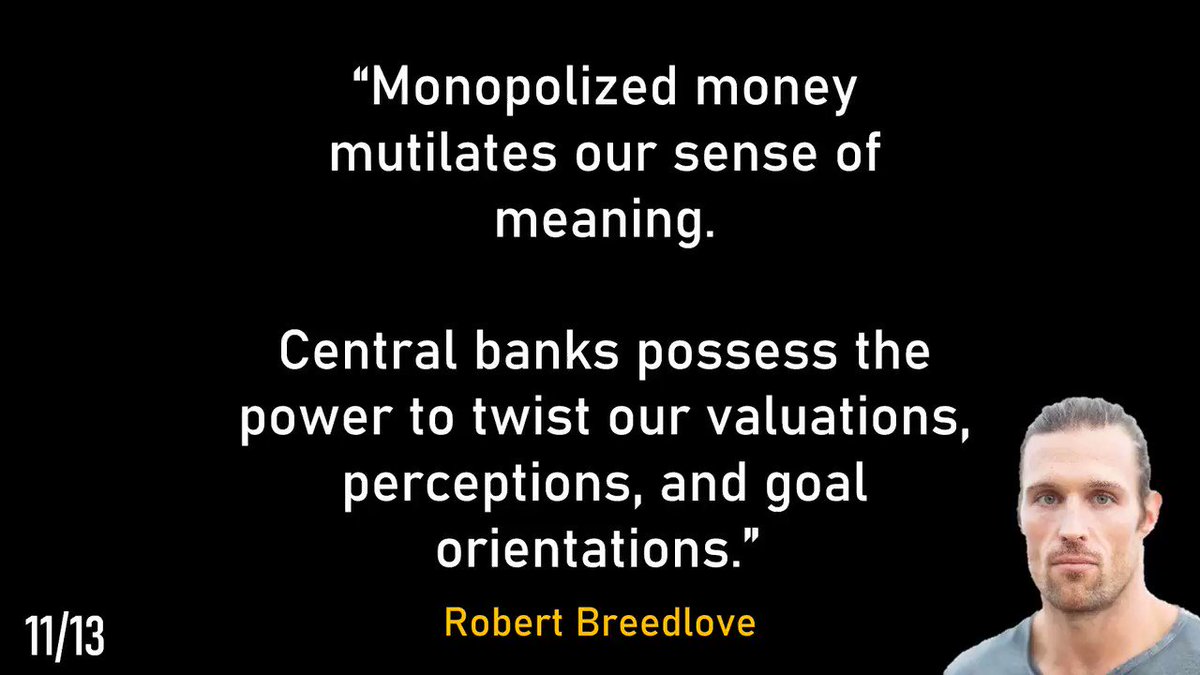2/ I visited the remote Arctic town of Kirovsk: home to the ruins of an abandoned Stalin-era train station that remains 24 years after its closure.
Following the collapse of the Soviet Union, declining population made the station uneconomic to maintain.
3/ The structure was abandoned and left to contend with the destructive entropy of the natural environment.
Forces of nature had gradually eroded its concrete carcass and peppered its crevasses with weeds.
Visitors had transformed it with graffiti, iconoclasm, and litter.
4/ The station’s demise demonstrates nature’s power to reclaim capital when the labour required for its preservation is removed.
Formidable resources went into its construction, yet its abandonment shows that it ultimately failed to deliver on its promise.
5/ Structures are abandoned when the cost of their maintenance outweighs their return.
Normally, the high sunk costs of construction make this rare: buildings can usually be profitably repurposed when economic conditions change.
But in Kirovsk’s case the upheaval was too great.
6/ In this way, the station stands as a monument to the malinvestment of the Soviet era.
Socialist states lack the market signals needed to determine where and how to invest.
As a result, capital ends up being diverted to the wrong places and must eventually be reallocated.
7/ Russia today is a country littered with abandoned buildings: a legacy of Soviet central planning.
The country has many problems, but life for most is much better than it was under socialism.
Old buildings hint at the painful economic adjustment that was needed to progress.
8/ It is a sad fact that in 2021 most countries are awash with malinvestment as a result of the expansionist policies of governments and central banks.
Rather than manifesting itself in the form of abandoned buildings, malinvestment mainly operates in subtler ways.
9/ Economic misdirection has brought about stagnation at a time when technological progress should be drastically improving our lives.
Warped incentives encourage us to take on high-paying yet spiritually unfulfilling jobs.
Inflation keeps us running to stay in the same place.
10/ In the minds of most, Western nations are "capitalist", yet in reality gvt spending today accounts for 35-60% of GDP.
This high level of interventionism distorts the price signals that, in a free market, would align our financial incentives to the social benefit we generate
11/ Understanding how we serve society is an important contributor to human wellbeing.
But for too many of us, the value we generate for others through our jobs is unclear.
We carry on doing them because distorted financial signals tell us we should.
12/ Although most of us don't realise it, many lucrative jobs owe their existence to government intervention, rather than social demand.
They are indirectly subsidised, or made necessary by burdensome regulation.
Without this distortion we'd be able to serve each other better.
13/ Perhaps the most common manifestation of malinvestment today is misallocated human potential.
This is why #bitcoin represents new hope for humanity.
It is money that can only be obtained through voluntary exchange, and therefore by contributing to the betterment of society.
